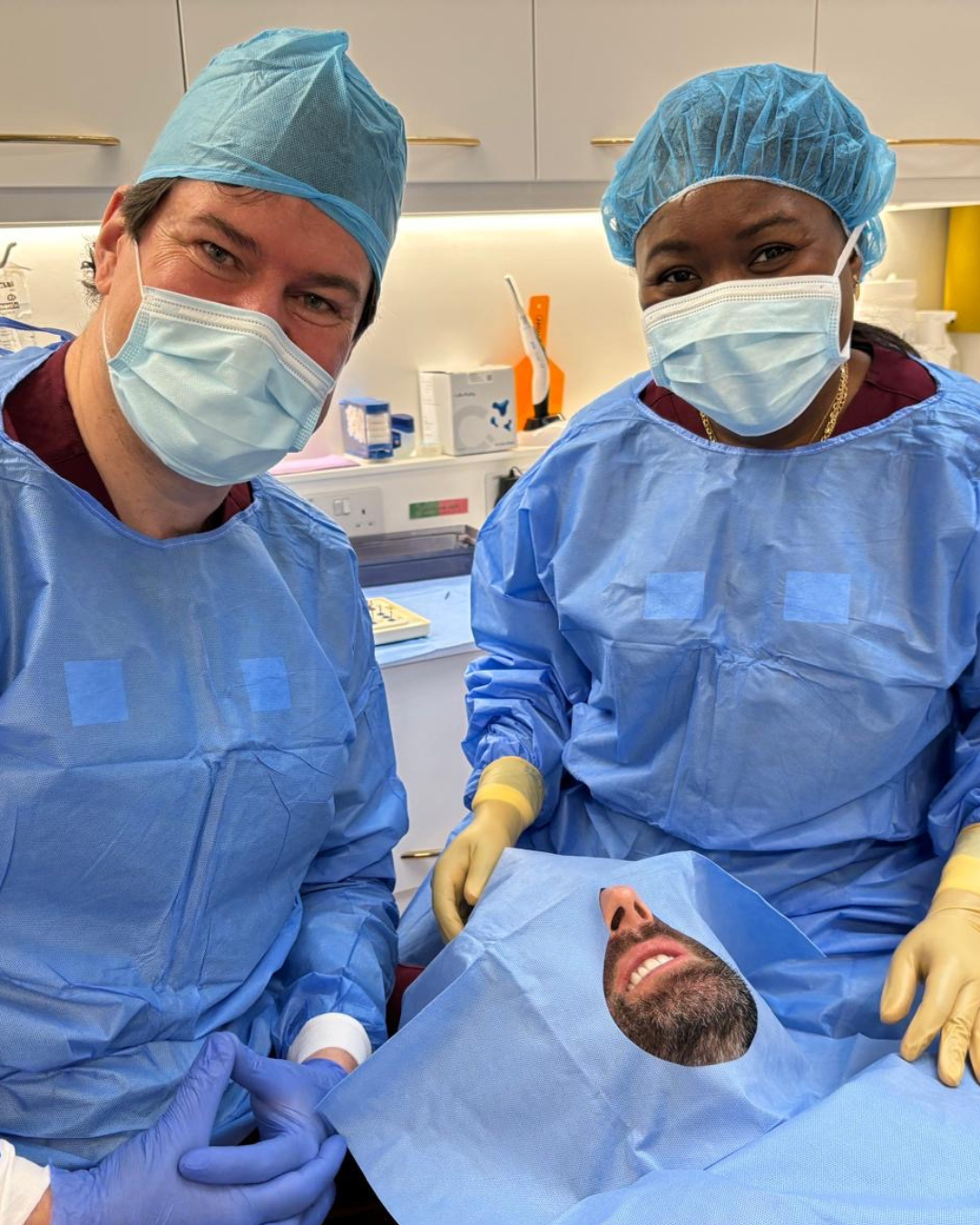Dental implants have become a popular solution for replacing missing teeth, restoring function, and improving smiles. In London, patients now have a choice between traditional titanium implants and ceramic dental implants, also known as zirconia implants. Understanding the differences, benefits, and considerations of each type helps patients make informed decisions about their oral health.
What Are Dental Implants?
A dental implant is an artificial tooth root that is surgically placed into the jawbone to support a crown, bridge, or denture. Implants are designed to mimic the function of natural teeth, providing stability for chewing, speaking, and maintaining facial structure.
Traditional dental implants are typically made from titanium, a metal known for its strength, durability, and high success rate in osseointegration, the process where the implant fuses with the jawbone.
Ceramic dental implants, made from high-strength zirconia, offer a metal-free alternative for patients seeking biocompatible and aesthetically pleasing solutions.
Benefits of Ceramic Dental Implants
Aesthetic Advantages:
Ceramic implants are tooth-coloured, making them more natural-looking than titanium implants. This is particularly beneficial for front teeth, where appearance is a priority.
Biocompatibility:
Zirconia is highly compatible with body tissues, reducing the risk of allergic reactions or sensitivity that some patients may experience with metal implants.
Reduced Plaque Accumulation:
Studies indicate that ceramic surfaces attract less plaque than titanium, which may help maintain gum health and reduce the risk of peri-implantitis, inflammation around the implant.
Metal-Free Solution:
Patients concerned about metals in the body often prefer ceramic implants as a safer, non-metal alternative.
Benefits of Traditional Titanium Implants
Proven Longevity:
Titanium implants have decades of clinical research supporting their long-term success and durability.
High Strength:
Titanium implants are extremely strong and can support multiple teeth, bridges, or full arch restorations.
Predictable Osseointegration:
Titanium integrates reliably with Jawbone, ensuring stability and long-term function.
While titanium implants are highly effective, some patients may prefer ceramic implants for aesthetic or biocompatibility reasons.
Considerations for London Patients
When deciding between ceramic and traditional dental implants in London, patients should consider:
- Location of the Implant: Ceramic implants are ideal for front teeth due to their natural appearance, while titanium may be preferred for molars or areas requiring additional strength.
- Oral Health: Patients must have sufficient bone density and healthy gums to support any implant type. Bone grafting may be necessary in some cases.
- Allergies or Sensitivities: Those with metal sensitivities may benefit from ceramic implants.
- Cost: Ceramic implants are often more expensive than titanium implants due to the material and manufacturing processes.
- Dental Expertise: Successful implant placement depends on a skilled dentist. Ensure the clinic has experience with the chosen implant type.
A consultation with a dental implant specialist in London helps evaluate your needs, examine your jawbone, and recommend the most suitable option.
The Implant Procedure
The dental implant process is similar for both ceramic and titanium implants:
- Assessment: A thorough dental examination, including X-rays or 3D scans, ensures sufficient bone and identifies potential issues.
- Placement: The implant is surgically placed into the jawbone under local anaesthesia.
- Healing Period: The implant integrates with the bone over several months.
- Restoration: A crown, bridge, or denture is attached to the implant, restoring function and aesthetics.
Both ceramic and titanium implants require good oral hygiene and regular dental visits to ensure longevity.
Final Thoughts
Dental implants in London offer a reliable, long-term solution for missing teeth. Ceramic dental implants provide a natural, metal-free option with aesthetic and biocompatibility advantages, while traditional titanium implants offer proven strength and longevity.
By consulting with an experienced dental implant specialist, patients can choose the implant type that best fits their needs, lifestyle, and oral health goals. Understanding the differences between ceramic and titanium implants ensures a confident, healthy, and functional smile for years to come.





Comments